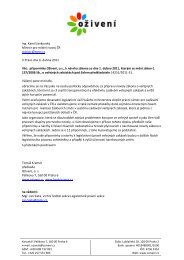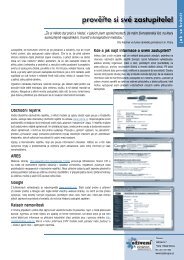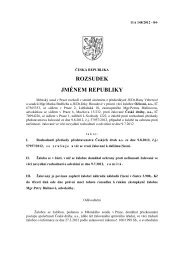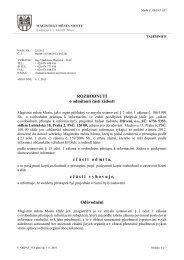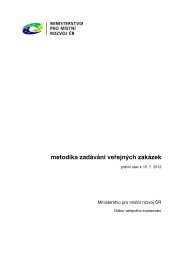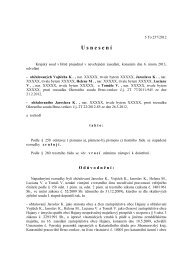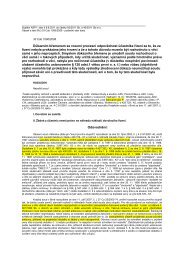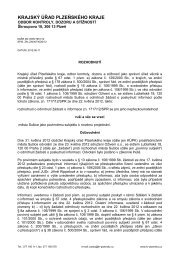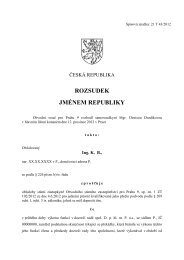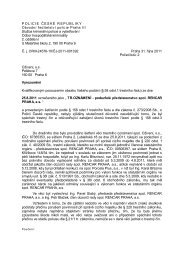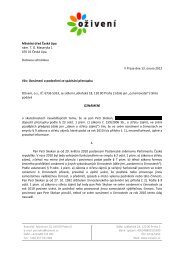Managing Conflict of Interest - Organisation for Economic Co ...
Managing Conflict of Interest - Organisation for Economic Co ...
Managing Conflict of Interest - Organisation for Economic Co ...
You also want an ePaper? Increase the reach of your titles
YUMPU automatically turns print PDFs into web optimized ePapers that Google loves.
xvi <strong>Managing</strong> <strong><strong>Co</strong>nflict</strong> <strong>of</strong> <strong>Interest</strong>sector and civil society, and consideration <strong>of</strong> public perceptions <strong>for</strong>Hong Kong, China’s success in implementing new re<strong>for</strong>ms.The experience <strong>of</strong> the United States highlights the complexity<strong>of</strong> COI and suggests that in<strong>for</strong>mal monitoring by watchdog groupsmay be just as important as <strong>of</strong>ficial monitoring <strong>of</strong> compliancewith regulations and statutes in ensuring adequate en<strong>for</strong>cement.The Public Integrity Section within the Criminal Division <strong>of</strong> the USDepartment <strong>of</strong> Justice acknowledges that the primary challenge inen<strong>for</strong>cing statutes in cases <strong>of</strong> COI violations in the US is determiningintent in accordance with the law. In the area <strong>of</strong> campaign financing,<strong>for</strong> instance, the tracking ef<strong>for</strong>ts <strong>of</strong> the Center <strong>for</strong> Responsive Politics(CRP) and other civil society watchdog groups suggest that theintent <strong>of</strong> campaign contributions to influence policy making is notin doubt. Practitioners indicate that greater transparency via publicdisclosure requirements does make it easier to identify potentialCOI in the area <strong>of</strong> political campaign financing; however, theyemphasize that disclosure alone does not necessarily translate intogreater accountability.<strong>Co</strong>des <strong>of</strong> <strong>Co</strong>nduct in the Public and Private SectorsMany countries have incorporated specific provisions into theirconstitutions, laws, or public administration employee handbooksand training activities to promote ethics and integrity in the publicsector. <strong>Co</strong>des <strong>of</strong> conduct are deemed to be a useful tool in establishingstandards <strong>for</strong> appropriate behavior. The People’s Republic <strong>of</strong>China and Australia provide two different examples <strong>of</strong> how a code<strong>of</strong> conduct can be implemented in the public sector. P.R. Chinatakes a top-down centralized approach designed around a series<strong>of</strong> control and compliance mechanisms, while Australia maintainsa principles-and-values-based approach en<strong>for</strong>ced through a workplacemanagement framework.In P.R. China, public sector employees must comply with administrative,criminal/legal, and, in many cases, the Party’s frameworks.The country has adopted targeted legislation and strict regulations,and has established a management system with inspection, supervision,and education functions. Regulations set specific limits onthe exercise <strong>of</strong> power; require the declaration <strong>of</strong> assets and income;curb private gains, benefits, and extravagance; and restrict theemployment and affiliations <strong>of</strong> public servants and their relatives.ADB/OECD Anti-<strong>Co</strong>rruption Initiative <strong>for</strong> Asia and the Pacific



